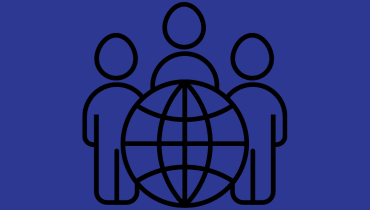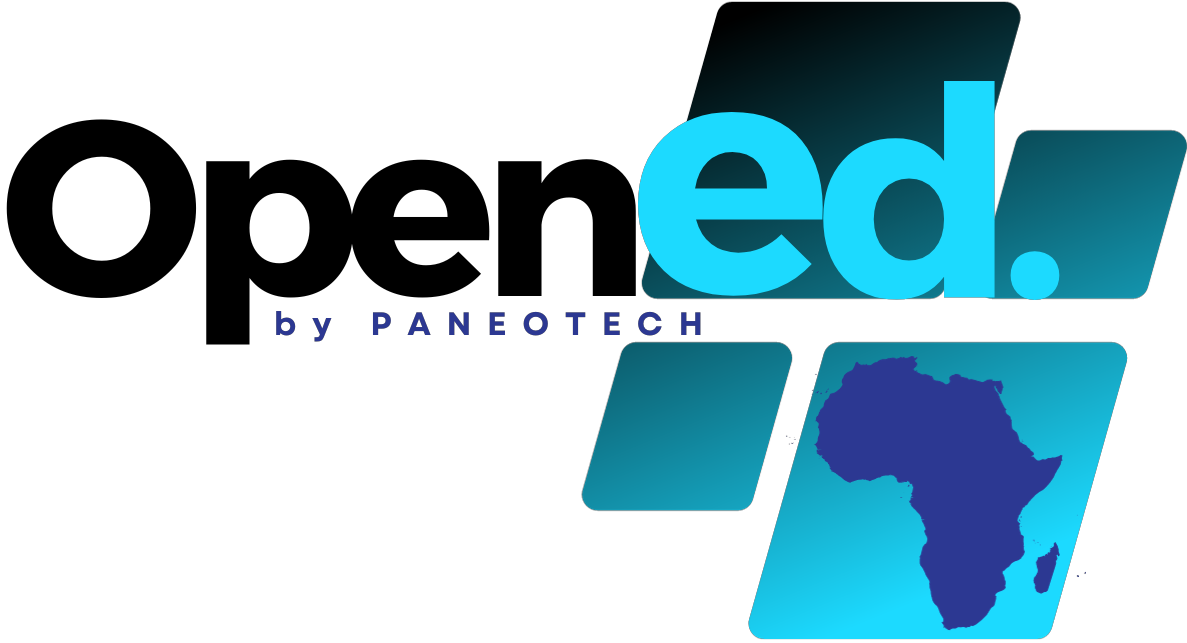As we stand at the crossroads of technological advancements, evolving societal needs, and a growing thirst for knowledge, the future of education in Africa holds immense promise.
Embracing a visionary perspective, we envision a transformative journey that leverages innovation, inclusivity, and adaptability to shape the educational landscape across the continent.
1. Technological Integration for Accessibility: The future of education in Africa is intertwined with seamless technological integration that ensures accessibility for learners from diverse backgrounds. Leveraging digital platforms, smart devices, and connectivity solutions will democratize access to quality education, bridging gaps and fostering inclusivity.
2. AI-Enhanced Personalized Learning: Artificial Intelligence (AI) will play a pivotal role in the future of education, offering personalized learning experiences tailored to individual needs. AI-driven tools will adapt to learners' strengths, preferences, and pace, creating dynamic and engaging educational journeys that maximize the potential for every student.
3. Collaborative Learning Ecosystems: Future education in Africa will be characterized by collaborative learning ecosystems that transcend geographical boundaries. Virtual classrooms, online forums, and interactive platforms will facilitate knowledge-sharing among students, educators, and experts, fostering a sense of community and collective growth.
4. Focus on Lifelong Learning: Lifelong learning will become a cornerstone of education in Africa, empowering individuals to continually upskill and adapt to evolving demands. Educational institutions and platforms will offer flexible, modular courses that cater to learners at different stages of their lives and careers.
5. Cultural and Contextual Relevance: A visionary education future in Africa recognizes the importance of cultural and contextual relevance. Curricula will be designed to celebrate and integrate diverse African cultures, histories, and languages, ensuring that education reflects the richness of the continent's heritage.
6. Innovative Assessment Methods: Traditional assessment methods will give way to innovative approaches that gauge not only academic proficiency but also critical thinking, problem-solving, and creativity. Continuous assessment models, project-based evaluations, and real-world applications will be embraced to provide a holistic view of learners' capabilities.
7. Public-Private Partnerships: Collaborative efforts between public and private entities will drive educational advancements. Partnerships with technology companies, businesses, and NGOs will result in sustainable initiatives, infrastructure development, and resource mobilization to enhance the quality of education across Africa.
8. Entrepreneurial Education: The future of education will nurture entrepreneurial skills and a mindset of innovation. Curricula will incorporate elements that encourage creativity, risk-taking, and problem-solving, preparing learners to contribute to economic development and drive positive change.
9. Environmental and Social Responsibility: Education will instill a sense of environmental and social responsibility. Learners will be equipped with the knowledge and values necessary to address pressing challenges, such as climate change, social inequality, and sustainable development, fostering responsible citizenship.
10. Global Connectivity and Collaboration: The future of education in Africa will be globally connected, encouraging collaboration with international institutions and fostering a global perspective. Students will engage in cross-cultural exchanges, research partnerships, and collaborative projects, expanding their horizons and preparing them for a interconnected world.
As we envision the future of education in Africa, this visionary perspective goes beyond traditional paradigms, embracing innovation, adaptability, and a commitment to empowering learners across the continent. By leveraging these transformative elements, education in Africa can become a catalyst for positive change, unlocking the full potential of individuals and contributing to the broader development of the continent.




.png)
